Violence is tearing Mali and the Sahel apart. But who are the armed groups behind the bloodshed? Where are international actors stationed in the region? And what motivates them all? This project maps jihadist and non-jihadist groups and pinpoints the presence of external actors in the region as of May 2019.
Groupe d’Autodéfense Tuareg Imghad et Alliés (GATIA)
GATIA was formed in August 2014 by El Hajj Gamou, a leader during the 1990 rebellion and then later an officer in the Malian army. He occupies a position at the centre of different movements – the formal representative and leader of the Imghad Tuareg community, a general in the Malian army, and the leader of one of northern Mali’s main armed groups. The Malian state at first kept a formal separation between the Malian armed forces and GATIA, despite Gamou’s position in the Malian army. But the government has now publicly acknowledged Gamou’s dual roles. GATIA undertook a series of deadly battles with the CMA that killed at a minimum dozens of fighters as well as some civilians on both sides between 2015 and 2017. This conflict was eventually settled in 2017 with the Anefis II accords with the CMA. Prior to and after these accords, GATIA had already begun recalibrating its efforts. It was an early partner of the MSA in Ménaka after 2016, and soon began conducting joint military operations in the region as part of an alliance with the MSA against ISGS.
Gamou has also maintained close relationships with the government of Niger. He sought shelter there after fleeing Mali with his fighters during the 2012 rebellion. This relationship became more tenuous after a series of massacres of civilians committed on both sides of the Mali-Niger border in the summer of 2018. The massacres took place in the areas of combat between the GATIA-MSA alliance and ISGS, although responsibility for them remains unclear. GATIA is still present in Ménaka, but it has more recently focused its activities in the Gourma region, south of Timbuktu. In that region GATIA has faced accusations of criminality and pressure against civilians as well as other armed groups in the region.
